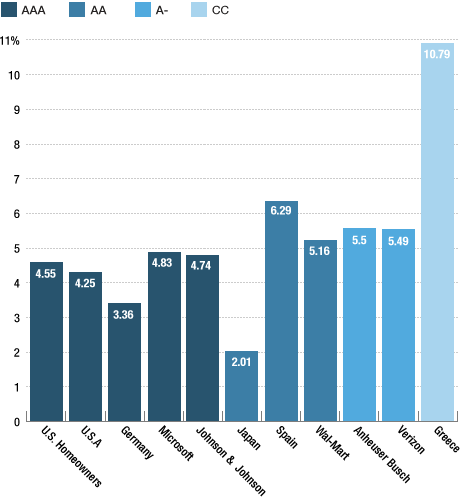By: Steve Sosnick, Chief Strategist, IB
This morning we had two relatively significant pieces of news from Asia, neither of which are affecting US equity markets much, if at all. The latter piece, the South Korean President’s declaration of martial law, came as quite a surprise; the former, China’s ban on rare mineral exports to US chipmakers was less of a surprise, but almost certainly more meaningful to US companies. The reaction seems to be quite ho-hum.
The South Korea news certainly came as a surprise. There is always an extra degree of risk in that country because of its recalcitrant neighbor, but I don’t know that anyone had “martial law” on their bingo card for today. We saw a nearly immediate 3% drop in the won (KRW), but the damage seemed limited to that specific currency. We never much of a “flight to safety” bid in US Treasuries, so it tells me that the news isn’t resonating much with global investors.
From a US stocks point of view, we are (so far) seeing nothing unusual in equities other than some normal profit taking. The activity in the S&P 500 (SPX) is almost the mirror image of yesterday, when stocks meandered with modest gains. That said, the Nasdaq 100 (NDX) is holding onto almost all of yesterday’s tech-fueled 1% rally, while it is only down about ½% after yesterday’s 2.6% leap. It seems that once again US equity investors are demonstrating their ability to tune out inconvenient geopolitical news – even if China’s export ban on semiconductor materials might affect some of their favorite companies.
One might have thought that China’s export ban on minerals such as gallium, germanium, and other raw materials that are used in chips, RFID, and LEDs might have led to a more negative response. This was China’s latest move in an ongoing tit-for-tat trade war over the strategically important semiconductor sector. On Monday afternoon, the Biden administration announced new restrictions on advanced memory chips and chipmaking equipment. That news didn’t affect the Philadelphia Semiconductor Index (SOX) which rose about 2.6% yesterday, so, if the market was able to shrug off that story yesterday, why shouldn’t it shrug off the next facet today?
Some of today’s ban had been factored in already, since prices for the strategic minerals had already risen dramatically in advance of the most recent news. Yet investors do seem rather blasé about the ongoing trade war in this key market sector. It is of course possible to expect the tensions to improve with the new administration, but the rhetoric so far suggests otherwise. Is this a case of investors perceiving the latest salvos to be part of the new normal, or is it a sign of complacency? Remember, equity investors usually have a difficult time assessing geopolitical risks unless they directly affect things like revenues, earnings, cash flows and the like – the things that directly affect a stock’s valuation. The semiconductor trade skirmish should indeed impact some of those factors for a key industry. Decide whether they merit your attention.
Originally posted on December 3, 2024 on Traders’ Insight
PHOTO CREDIT: https://www.shutterstock.com/g/Vladystock
VIA SHUTTERSTOCK
DISCLOSURES:
The analysis in this material is provided for information only and is not and should not be construed as an offer to sell or the solicitation of an offer to buy any security. To the extent that this material discusses general market activity, industry or sector trends or other broad-based economic or political conditions, it should not be construed as research or investment advice. To the extent that it includes references to specific securities, commodities, currencies, or other instruments, those references do not constitute a recommendation by IBKR to buy, sell or hold such investments. This material does not and is not intended to take into account the particular financial conditions, investment objectives or requirements of individual customers. Before acting on this material, you should consider whether it is suitable for your particular circumstances and, as necessary, seek professional advice.
The views and opinions expressed herein are those of the author and do not necessarily reflect the views of Interactive Brokers, its affiliates, or its employees.



